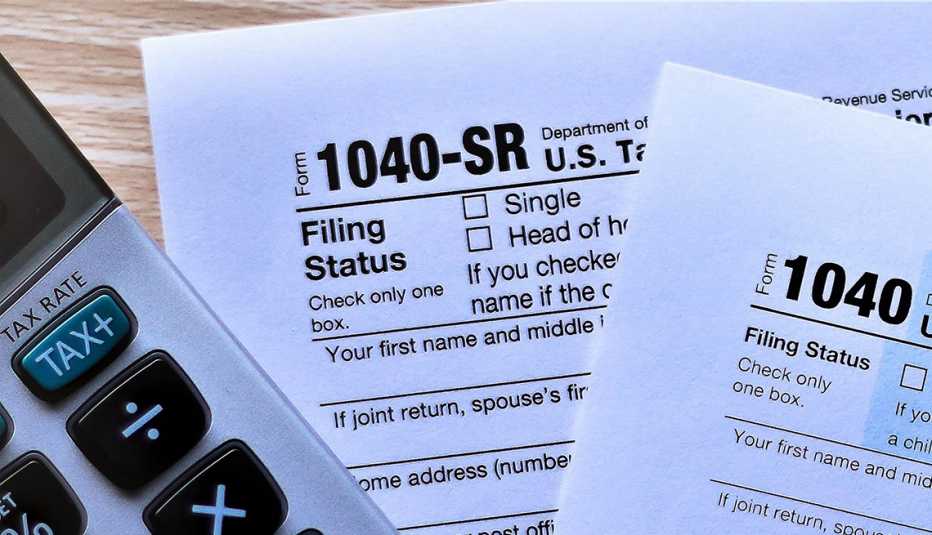Staying Fit
In the long list of Adult Things That Aren't Fun, filing your taxes is pretty close to the top. Even worse is getting ripped off in a tax scam.
If you want to safeguard your money — and your identity — here are three rules to remember:


AARP Membership— $12 for your first year when you sign up for Automatic Renewal
Get instant access to members-only products and hundreds of discounts, a free second membership, and a subscription to AARP the Magazine.
1. Hang up on fraudsters
The Internal Revenue Service is never going to call you and demand money. An IRS agent is never going start an inquiry via email, text message or social media. In most cases, if the IRS wants to contact you about your taxes, you'll get a letter in the mail. (If you've ignored several mail notices, you might get a call or an in-person visit.)
The IRS isn't going to ask you to pay an obligation with a prepaid debit card, gift card or wire transfer, either. Nor will the agency threaten to call the police and drag you off to jail, or suspend your driver's license, or deport you. If you owe taxes, the IRS will tell you to make payments to the United States Treasury.


































































